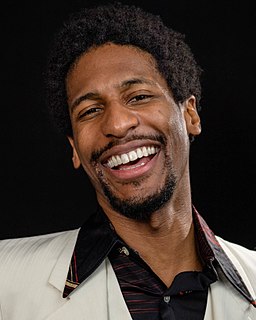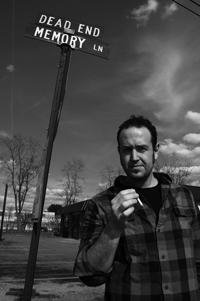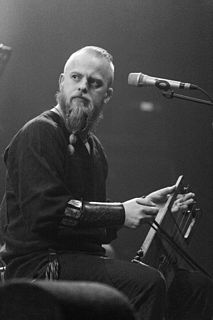A Quote by Anne Waldman
I want the poem to be an experience - for both the listener and for myself.
Related Quotes
I'm being explicit about really horrifying experiences in my life, but my hope has always been to be responsible as an artist and to avoid indulging in my misery, or to come off as an exhibitionist. I don't want to make the listener complicit in my vulnerable prose poem of depression, I just want to honor the experience. I'm not the victim here, and I'm not seeking other peoples' sympathy. I don't blame my parents, they did the best they could.
With the audience, I always say it's about giving the people an experience. And what the experience is about, it transcends just the music, and genre, and the venue. It's about the people coming together to share a profound and transformative moment. So that means the listener is actively engaged, and the listener is a part of the show, they're a part of the experience.
I wanted to pack a lot into the lyric, but not go beyond its bounds. Some have written that I wanted to expand what the lyric could do. I just want the hugeness of experience-which includes philosophical discursiveness-to move at a rate of speed that kept it (because all within one unity of experience) emotional. Also, often, questions became the way the poems propelled themselves forward It brings the reader in as a listener to a confession[.] A poem is a private story, after all, no matter how apparently public. The reader is always overhearing a confession.
I feel like the older I get, the truer it feels that I'm only going have an investment in a poem if it allows or forces me to bring something that's supremely me onto the page. I used to think that the speaker of a poem was talking to someone else, to some ideal reader or listener, but now I think that speakers - poets - are talking to themselves. The poem allows you to pose questions that you have you ask of yourself knowing that they are unanswerable.
From the beginning I felt that I didn't ever want to leave the impression that the process of writing a poem is totally mysterious. I couldn't explain everything that went on in the creation of a poem, but I could try to explain as much as I knew. I thought readers deserved that. I didn't want to set myself apart as being someone special.
I can't understand how people can settle for having just one life. I remember we were in English class and we were talking about that poem by - that one guy. David Frost. 'Two roads diverged in a yellow wood-' You know this poem, right? 'Two roads diverged in a yellow wood, and sorry I could not travel both and be one traveler, long I stood and looked down one as far as I could, to where it bent in the undergrowth-" "I loved that poem. But I remember thinking to myself: Why? How come you can't travel both? That seemed really unfair to me.
That authentic experience that happens both in the artist and in the audience you can classify as a mystical experience. You can classify it as aesthetic shock, or even a psychedelic experience. Some people seek to recreate that experience through drugs. But the other way that you can do it is through art, and through spectacle. We have those experiences when we go to rock shows, or when we listen to a piece of classical music, or read a particular poem, or see a painting.
I find myself absolutely fulfilled when I have written a poem, when I'm writing one. Having written one, then you fall away very rapidly from having been a poet to becoming a sort of poet in rest, which isn't the same thing at all. But I think the actual experience of writing a poem is a magnificent one.






































